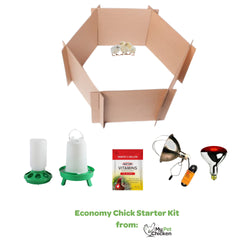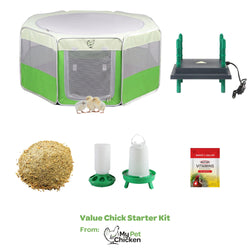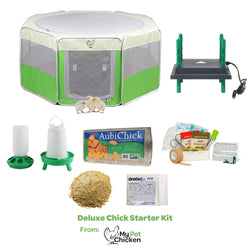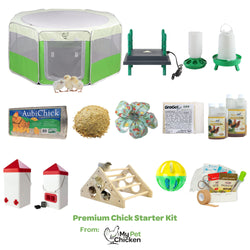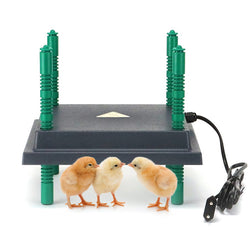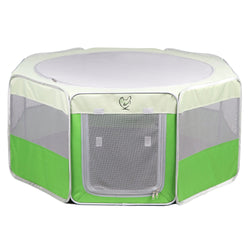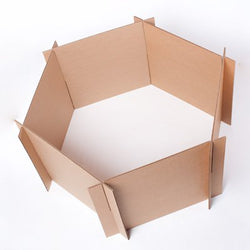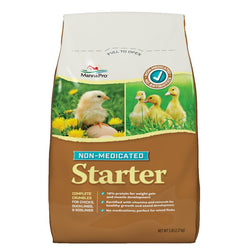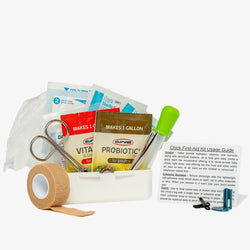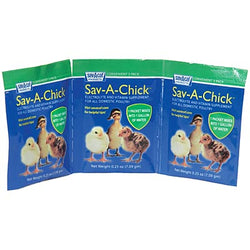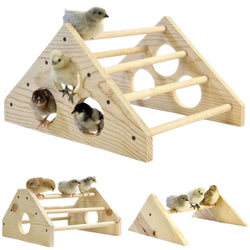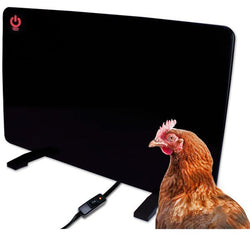Can ducks and geese be outside during the winter?
Back to blog
Yes! Ducks and geese can be outside during winter! They have a wonderful fluffy undercoating beneath their feathers called "down." Ever had a down jacket? It kept you toasty-warm, right? Ducks and geese get to wear that jacket all the time. Lucky birds, I know!
In addition to their down feathers, ducks and geese have a layer of fat beneath the skin that provides even more insulation.

Tips for Managing your Ducks and Geese Outside During Winter
- Shelter: When conditions are the harshest, even the best winter coat may not be enough. If the temperature is going to be below freezing for long periods of time, your waterfowl will appreciate access to a simple, dry shelter, especially at night. Preferably, the shelter will be lockable, providing protection from winter's strongest winds and nature's hungriest predators. You will likely want to provide such a shelter for your waterfowl all year long, regardless of temperature, for predator protection.
- Water: You may want to withhold swimming water from your ducks and geese during the coldest days of winter. Especially if they are housed with chickens. They will inevitably splash cold water onto their flockmates, which will not be appreciated by the chickens! Also, in extreme cold, ducks and geese with wet feet from recent swimming may actually freeze to the ground if they stand in one place too long. If that happens, you'll need to gently pour warm (not hot!) water around their feet to set them free. Ducks and geese are uniquely qualified to be outside during winter. They may only need a little extra help when the temperatures plunge for long periods of time.
- Frostbite: In extremely cold temperatures, ducks and geese can be susceptible to frostbite on their feet and exposed skin. Providing straw or other bedding in their shelter can help insulate them from the cold ground.
- Ventilation: Adequate ventilation in their shelter is essential to prevent moisture buildup and maintain good air quality. Poor ventilation can lead to respiratory issues. Ensure their coop is well ventilated but not drafty.
- Observation: Regularly check on your ducks and geese during the winter to ensure they are healthy and comfortable.

Unfortunately, since ducks and geese are prey animals, the main cause of death is usually predators--especially dogs. So the most important thing you can do to help your waterfowl live a long, happy life is to provide predator protection for them which can include a secure coop and automatic door opener.
Keep in mind that the specific requirements for ducks and geese during the winter can vary depending on their breed, age, and the local climate. It's essential to research and adapt your care practices to the specific needs of your birds and the conditions in your area.
